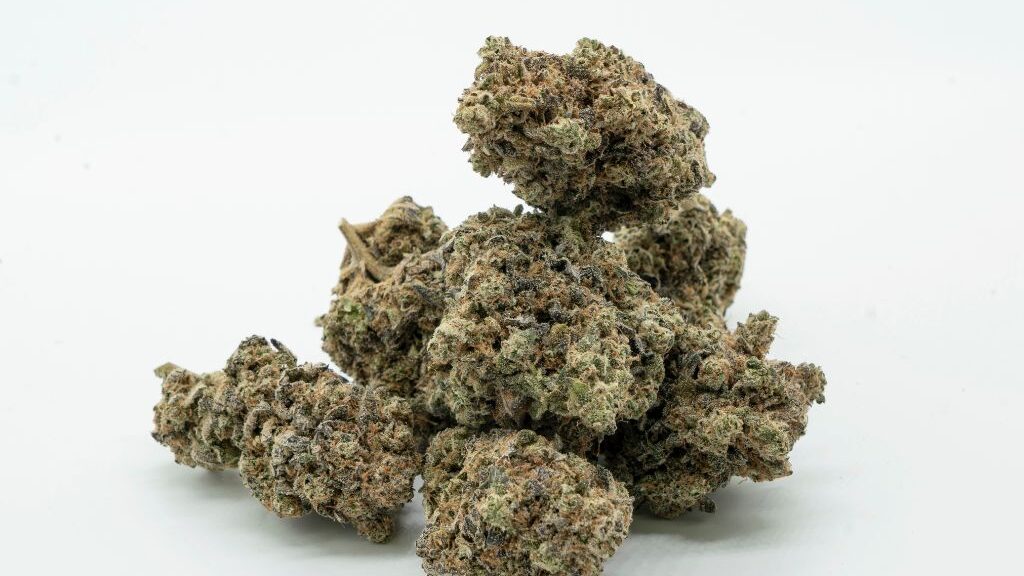Unlocking THCa Flower’s Wellness Benefits
The world of cannabis is ever-evolving, with new products and compounds emerging that promise a range of benefits. One such product gaining attention is the Indacloud THCa flower. This article explores the potential wellness benefits of this intriguing cannabis variant, supported by research, examples, and case studies.
Understanding THCa: The Precursor to THC
THCa, or tetrahydrocannabinolic acid, is a non-psychoactive cannabinoid found in raw cannabis plants. Unlike THC, which is known for its psychoactive effects, THCa does not produce a “high.” This makes it an attractive option for those seeking the therapeutic benefits of cannabis without the mind-altering effects.
The Science Behind THCa
THCa is the acidic precursor to THC. When cannabis is heated through smoking, vaping, or cooking, THCa undergoes decarboxylation, converting into THC. This process is what activates the psychoactive properties of cannabis. However, when consumed in its raw form, THCa remains non-psychoactive, offering a different set of benefits.
Potential Health Benefits of Indacloud THCa Flower
Research into THCa is still in its early stages, but preliminary studies and anecdotal evidence suggest several potential health benefits:
- Anti-inflammatory Properties: THCa has shown promise in reducing inflammation, which could be beneficial for conditions like arthritis and other inflammatory diseases.
- Neuroprotective Effects: Some studies suggest that THCa may have neuroprotective properties, potentially aiding in the treatment of neurodegenerative diseases.
- Anti-emetic Benefits: THCa may help reduce nausea and vomiting, making it a potential option for patients undergoing chemotherapy.
- Appetite Stimulation: Like THC, THCa may help stimulate appetite, which can be beneficial for individuals with eating disorders or those undergoing treatments that suppress appetite.
Case Studies and Real-World Applications
Several case studies highlight the potential of THCa in real-world applications. For instance, a study published in the “Journal of Pain and Symptom Management” explored the use of THCa in patients with chronic pain. Participants reported a significant reduction in pain levels without experiencing the psychoactive effects associated with THC.
Another case study focused on a patient with epilepsy who incorporated THCa into their treatment regimen. The patient experienced a reduction in seizure frequency, suggesting that THCa may have anticonvulsant properties.
How to Use Indacloud THCa Flower
For those interested in exploring the benefits of Indacloud THCa flower, there are several methods of consumption:
- Raw Consumption: Consuming raw cannabis leaves or flowers in smoothies or salads preserves the THCa content.
- Tinctures and Oils: THCa tinctures and oils can be added to food or beverages for easy consumption.
- Topicals: THCa-infused creams and balms can be applied directly to the skin for localized relief.
Considerations for Use
When incorporating THCa into a wellness routine, it’s important to start with a low dose and gradually increase as needed. Consulting with a healthcare professional familiar with cannabis is advisable, especially for individuals with pre-existing health conditions or those taking other medications.
The Future of THCa Research
As interest in cannabis continues to grow, so does the research into its various compounds. THCa is no exception. Ongoing studies aim to further understand its potential benefits and applications, paving the way for new therapeutic options.
Researchers are particularly interested in exploring the full spectrum of cannabinoids and how they interact with each other, known as the “entourage effect.” This could lead to more effective and targeted treatments for a range of health conditions.
Conclusion
The Indacloud THCa flower represents a promising avenue for those seeking the therapeutic benefits of cannabis without the psychoactive effects. While research is still in its infancy, early findings and anecdotal evidence suggest a range of potential health benefits, from anti-inflammatory and neuroprotective effects to appetite stimulation and anti-emetic properties.
As the scientific community continues to explore the potential of THCa, it may become an increasingly valuable tool in the wellness arsenal. For now, those interested in its benefits should approach with curiosity and caution, consulting with healthcare professionals to tailor its use to their individual needs.

